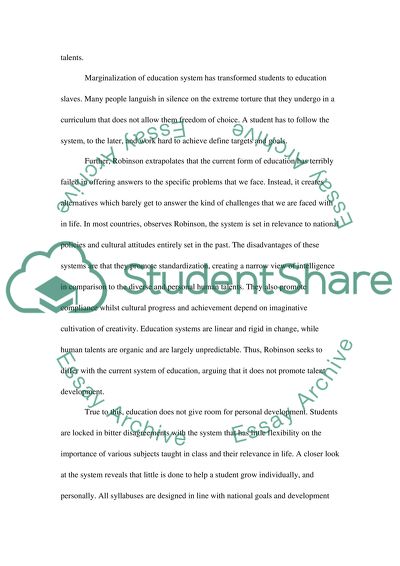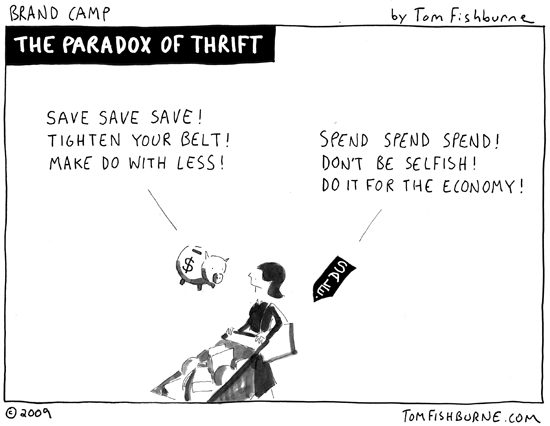


Instantly, you imagine a hypothetical pair, which has both good qualities, but none of the bad ones. This is because as soon as you start comparing 2 pairs, you’ll probably notice one has benefits the other hasn’t and vice versa. It’s impossible to find the perfect pair.Okay, let’s say you do take on that shoe research internship and dive into the task, ready to find the perfect pair of running shoes.īut the more you research, the more you’ll come to the conclusion that: Lesson 2: The more options you have, the less happy you will be, no matter what you decide on. Similarly, this study showed that when students have to choose from an array of snacks 3 weeks in advance, they’ll make wrong assumptions about the future, and therefore choose snacks they end up don’t liking. The crushing burden of choosing the exact right one is now left to you, the individual. The government pre-selected these for you.īut now, they don’t. You got your electricity from one company, heat from another, and that’s it. 50 years ago there was exactly one health insurance in the US, Blue Cross. Some of our choices have big consequences, and sadly the government doesn’t make these choices for us any more. While researching a lot might just be a waste of time for shoes, for health insurance or retirement plans, it’s necessary. The research necessary to buy a pair of shoes these days is mind-boggling and could easily be a full time job.


When trying to combine speakers, a tuner, an amplifier, a CD player, and a bunch of other components into a stereo system, just one electronics store will give you a massive 6.5 million different combinations – to set up a stereo system! Between 19, the average number of products in a supermarket has risen from under 9,000 to over 47,000. You can’t argue that we don’t have enough choice nowadays. If you want to save this summary for later, download the free PDF and read it whenever you want.ĭownload PDF Lesson 1: The more options you have, the harder it gets to decide, and to decide well.


 0 kommentar(er)
0 kommentar(er)
